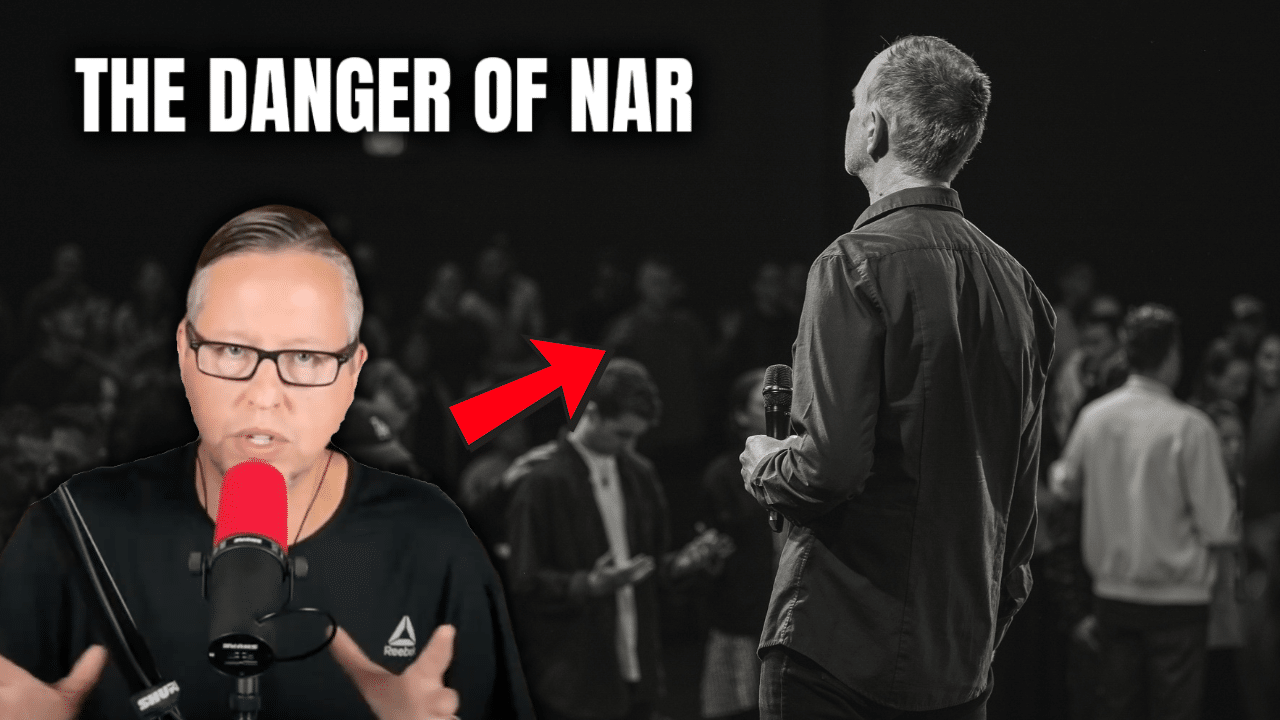Driverless trucks with no humans on board will soon cruise Texas highways if three startup firms have their way, despite objections from critics who say financial pressures, not safety, is behind the timetable.
After years of testing, Aurora Innovation Inc., Kodiak Robotics Inc. and Gatik AI Inc. expect to remove safety drivers from trucks that are being guided by software and an array of sensors including cameras, radar and lidar, which sends pulses of light that bounces off objects.
The companies have already hauled cargo for big names such as Walmart Inc., Kroger Co., FedEx Corp. and Tyson Foods Inc.
All of the companies say they’re ready to deploy the technology, though they know there’s little-to-no margin for error. The risk is worth it, they say, because the technology promises to improve highway safety and lower transportation costs.
Detractors say the companies have incentive to reduce the losses that investors have been financing during the development and testing phase.
“We are concerned about the lack of regulation, the lack of transparency, the lack of comprehensive data collection,” said Cathy Chase, president of Advocates for Highway and Auto Safety. The list of opponents also includes the International Brotherhood of Teamsters, the 1.3 million member union that represents drivers and warehouse workers.
The federal government for now has left regulation of driverless large trucks mostly up to states, creating a patchwork of rules. California suspended Cruise operations in October after several incidents in San Francisco.
California’s lack of rules for allowing trucks to be tested on public roads encouraged the three driverless truck firms and others to turn to Texas for testing and deployment.
Besides saving on trucker pay, the trucks can travel longer than the 11-hour limit now on human drivers. The sensors scan in all directions several times a second to identify objects, speeding up reaction time.
There are even estimated savings on emissions of 10% or more because the vehicles will stay just below the speed limit and travel at a steady cadence, the companies say.
And human drivers don’t guarantee safe operations. In 2021, 5,700 large trucks, which weigh 10,001 pounds or more, were involved in fatal crashes, according to statistics compiled by the Federal Motor Carrier Safety Administration.
A majority of those incidents came from trucks with a gross weight of 33,001 pounds or more. These so-called Class 8 trucks are similar in size to those in Kodiak and Aurora fleets.
At Aurora’s terminal just south of Dallas, a worker cleans sensors on top and at the side of a dark blue Peterbilt truck while a safety driver sits in the cab ready for the truck to pull out.
If all goes as planned, the safety driver, whose hands now hover above the wheel without touching it while the truck is in transit, will soon no longer be needed for the 200-mile trek to Houston.
“Our intent is this is going to feel like just another day, except this day the truck’s going to head out on the road without anybody in it,” said Urmson.
Wall Street will be watching closely to see if Aurora meets its goal of going driverless by the end of 2024, said Jeff Osborne, an analyst with TD Cowen, who has a “market perform” rating on the stock. Otherwise, investors will raise cash-burn concerns, he said.
“If something is slightly delayed, you just end up getting punished,” Osborne said.
The startup raised $850 million this summer, giving it enough cash to operate through the second half of 2025. Aurora then aims to raise a similar amount to carry it through 2027, when it’s expected to turn a profit, Urmson said.
Gatik AI, a Mountain View, California-based startup, has already driven trucks without a driver in Arkansas and Canada. The company uses smaller, box trucks and plans to deliver from distribution centers to stores.
In 2024, the company expects to deploy driverless trucks in the Dallas area “at scale,” said Gautam Narang, Gatik’s co-founder and CEO, in an interview.
For now, it’s mostly southern states – from Arizona to Florida – that allow self-driving trucks. Kodiak has been hauling cargo with a safety driver from Dallas to Atlanta and from Houston to Oklahoma City. Most companies plan to start in the south because there’s less inclement winter weather.
Texas first adopted legislation allowing driverless trucks in 2017. State authorities have worked with the startups to address issues such as inspections and how law enforcement will interact with a driverless truck.
“Autonomous vehicles are expected to help improve safety, spur economic growth and improve the transportation experience for all Texans,” the Texas Department of Transportation said in a statement.









